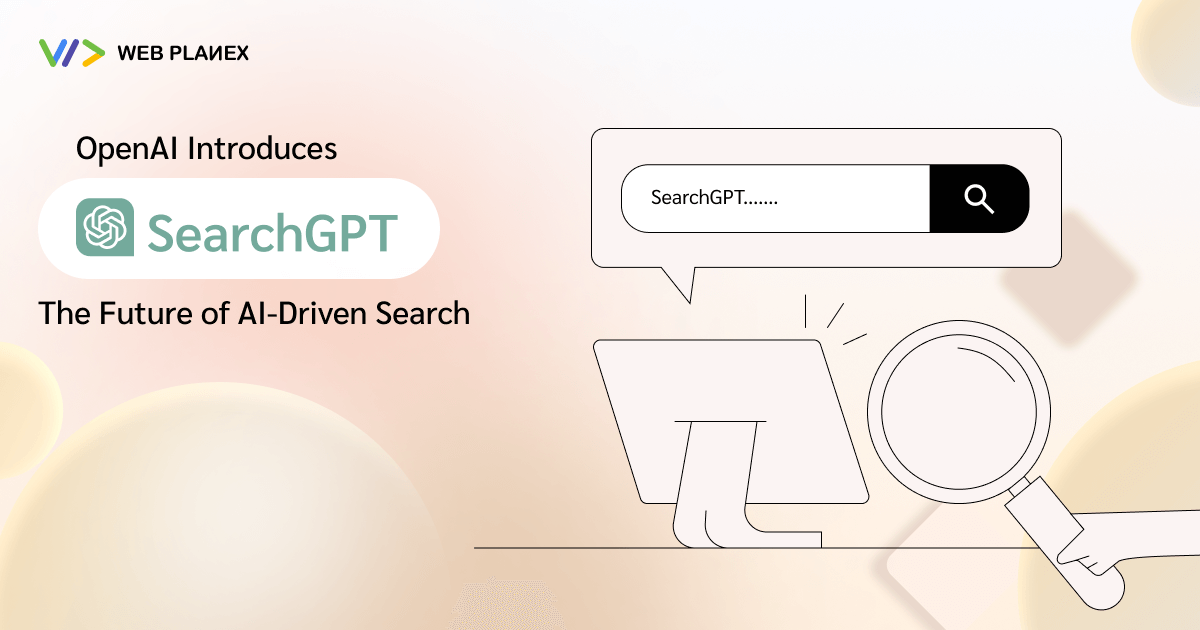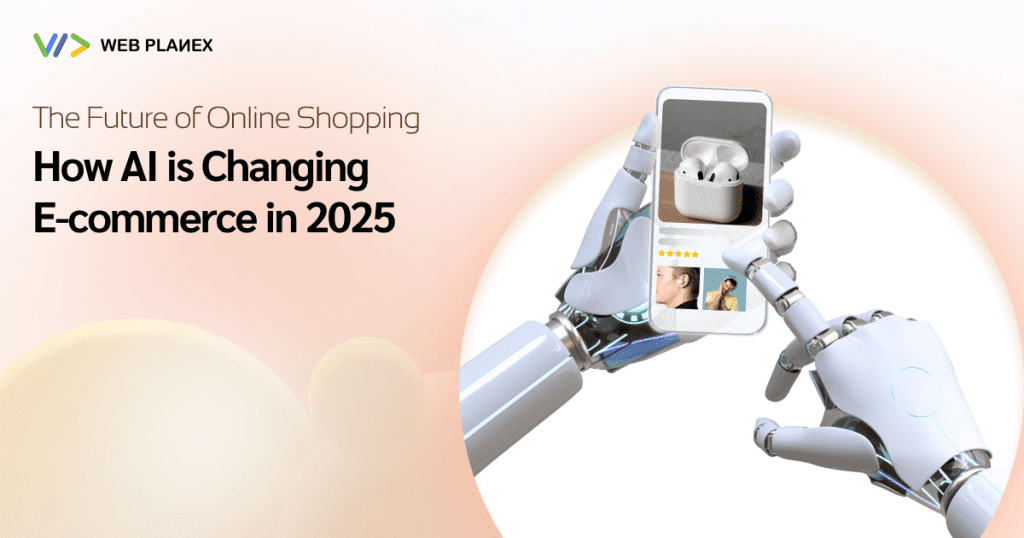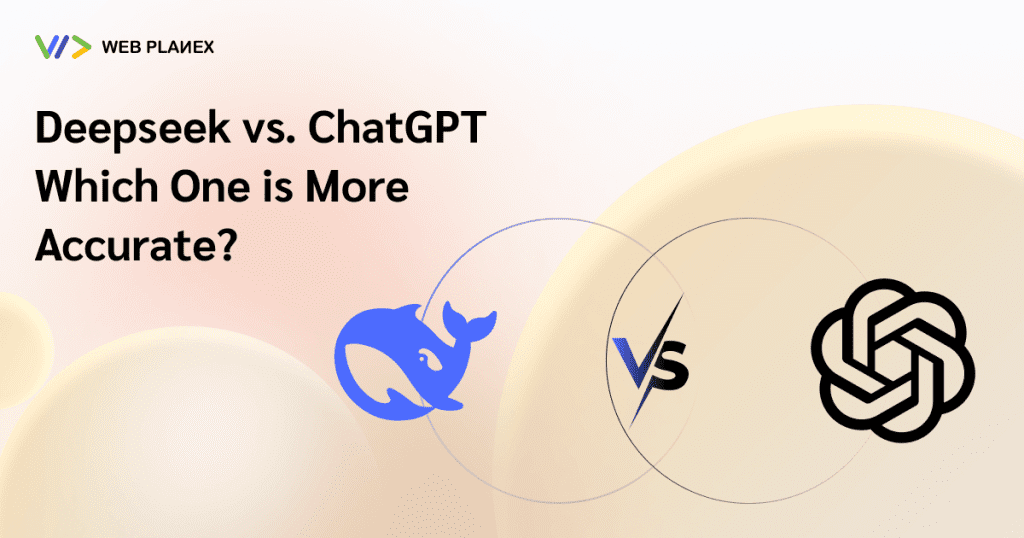
OpenAI has launched a prototype SearchGPT. It is a search tool in the testing phase driven by OpenAI’s sophisticated AI model. This innovative tool aims to provide users with quick, accurate, and informative answers to their queries, all while clearly citing the sources used. It’s designed to merge the strengths of OpenAI’s AI models with real-time information from the web.
Key Features
- Quick and efficient responses
- Combining AI and web data for answers
- Clearly identifying information sources
- Providing current and relevant information
“We’re testing SearchGPT, a prototype of new search features designed to combine the strength of our AI models with information from the web to give you fast and timely answers with clear and relevant sources.”
OpenAI emphasizes that SearchGPT’s main goal is to enhance search capabilities using AI, making it quicker and more dependable
A new approach towards the way you search
This prototype is approaching to make search even easier, faster, and more relevant for you. Instead of you clicking on multiple links to find relevant answers, it will provide you with a list of the most relevant links from the web. Additionally, you’ll be able to ask follow-up questions like you would with a live person.
The influence on publishers and creators
It is going to influence publishers and creators in a way that they can manage how they appear in the search. Making the search ecosystem even more quality-driven.
OpenAI stated that “SearchGPT is designed to help users connect with publishers by prominently citing and linking to them in searches. Responses have clear, in-line, named attribution and links so users know where information is coming from and can quickly engage with even more results in a sidebar with source links.”
Learn more about how publishers can manage search results.
Who can use SearchGPT?
This prototype is limited to a few publishers. If you want to have access to SearchGPT, you need to sign in for the waitlist here at: https://chatgpt.com/search.
Future of Search-AI
OpenAI is planning to implement the best feature of searchGPT into ChatGPT. The lessons learned from SearchGPT will inform future updates to ChatGPT, potentially creating a more comprehensive and powerful AI assistant that combines conversational abilities with advanced search capabilities.
Projected Effects on Digital Marketing
Search engine optimization (SEO) and content marketing strategies will need significant adjustments to keep pace. This includes a stronger focus on providing direct, clear answers to user queries, using structured data to make content easily understandable for AI systems, and potentially re-evaluating the importance of traditional SEO metrics like backlinks and keyword density.
Key Technology Used Behind SearchGPT
Natural Language Processing:
By using NLP, SearchGPT can interpret user queries contextually, mimicking human comprehension rather than relying solely on keyword recognition.
Machine Learning:
SearchGPT’s machine-learning technology allows it to learn and grow from user feedback. This continuous improvement process results in more accurate and helpful search outcomes.
Record retrieval:
Although AI models like GPT-3 are packed with information, they might not always be current. SearchGPT keeps its responses relevant by continuously drawing on real-time web data.
Potential Challenges
Accuracy and Reliability:
It’s essential for AI search to provide accurate information. OpenAI must rigorously verify facts and clearly identify information sources to maintain user trust.
Privacy:
Given SearchGPT’s potential access to personal data for refining search results, safeguarding user privacy is crucial. OpenAI must be clear about data handling and ensure strong privacy safeguards.
Ethical Use of AI:
The development of more advanced AI-driven search raises ethical questions about the role of AI in information dissemination and the potential for bias or manipulation of search results.
Conclusion
OpenAI’s introduction of SearchGPT marks an exciting milestone in the evolution of AI-driven search. This new technology signifies a major leap forward for AI and search. To stay competitive, we must understand the capabilities of SearchGPT and similar tools. This knowledge will help us prepare for a future where AI fundamentally changes how we find and use information.
While the prototype is still in its early stages, the promise of faster, more accurate, and timely search results is tantalizing. As SearchGPT evolves and potentially integrates with ChatGPT, we may be witnessing the birth of a new paradigm in human-AI interaction.
SearchGPT is just getting started, and its full potential is yet to be realized. It’s clear that AI will fundamentally change how we search for information, and this transformation is happening much faster than anticipated. It’s essential to embrace and prepare for this AI-driven future of search now.




